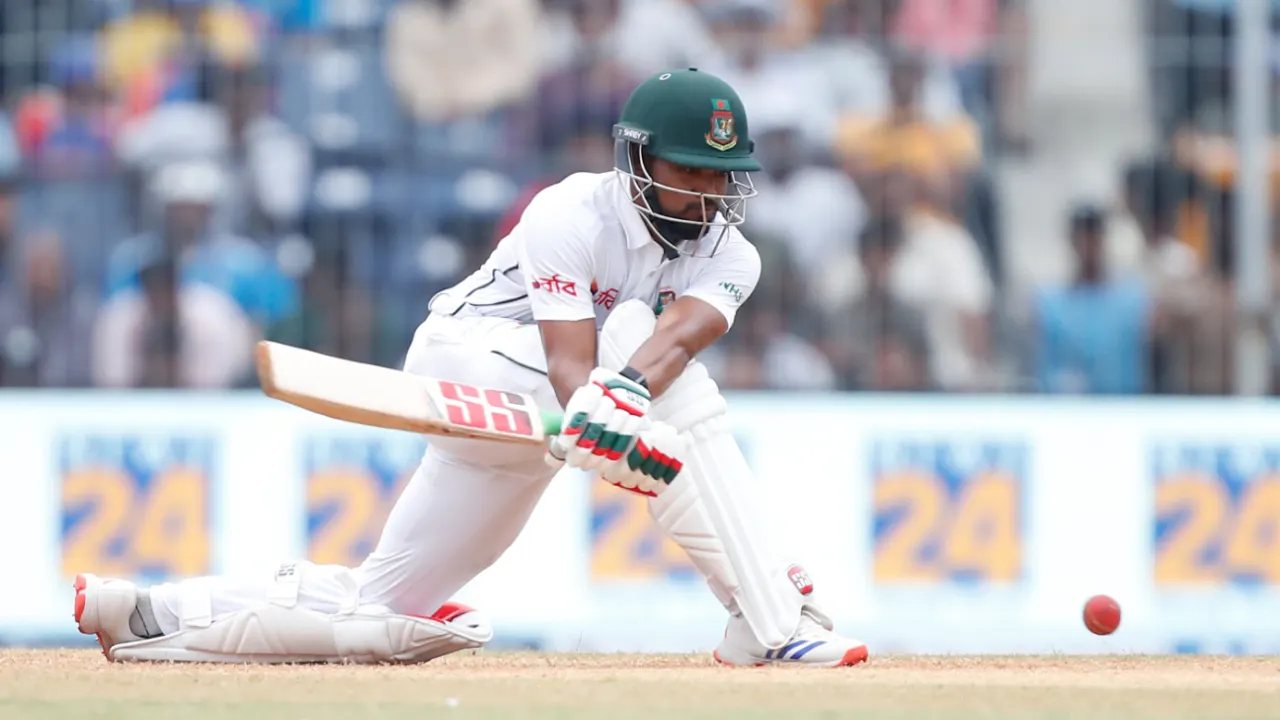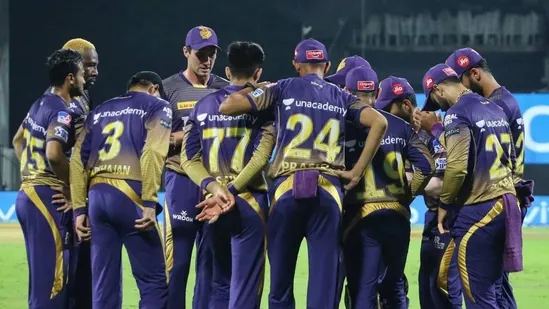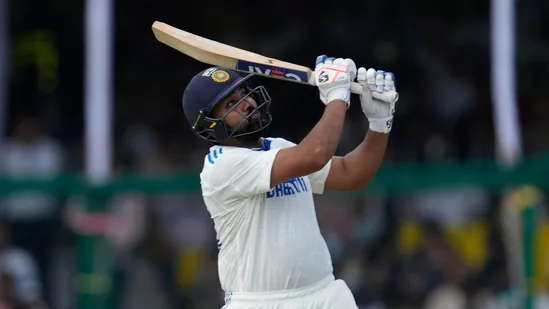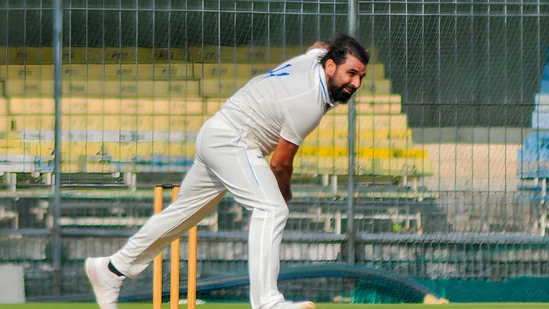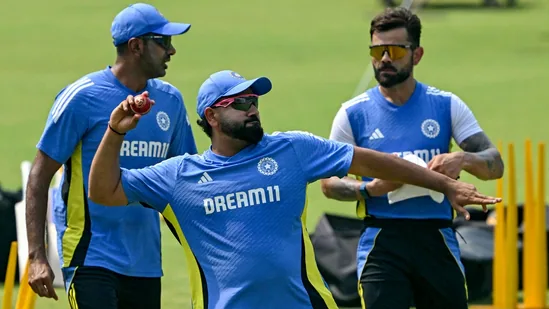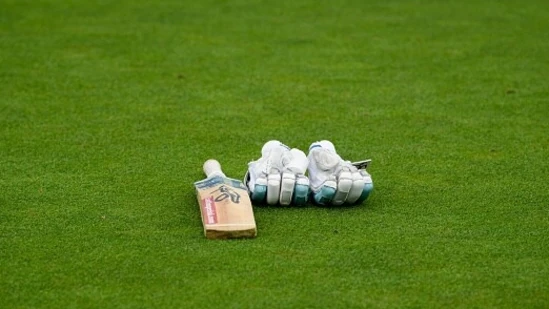Gus Atkinson joins Azharuddin and Stokes in the Top 5 Fastest Test Centuries at Lord’s
Gus Atkinson's remarkable performance saw him score a historic century as England dominated the morning session of day 2 in the second Test against Sri Lanka. Atkinson made history by becoming the fastest player to achieve both a century and a five-wicket haul on the Honours Boards at Lord’s.

Atkinson’s innings was impressive also for his hitting ability, as he embodied the ‘Bazball’ strategy to make run-scoring his priority. He brought up his century in 101 deliveries, and joined the list of the top 5 quickest centuries by balls at Lord’s.
5. Gus Atkinson (101 balls)Lord’s as the spiritual home of cricket has a famous history of centurions, and Atkinson’s rapid century at number 8 puts him amongst some of the biggest names in the history of the sport. With 4 sixes and 14 boundaries, Atkinson completed his century in 101 balls. He would also go on to take 2 wickets in the following innings, Putting England in pole position to wrap up a victory in this Test as well as the series as a whole.
4. Graham Gooch (95 balls)Graham Gooch scored a 95-ball century against India in 1990, in a sensational Test match performance. Already having scored a massive 333 in the first innings, the English captain struck at a quick rate in the third innings as he scored 13 boundaries and 4 sixes on the way to helping England declare on day 4. The hosts were able to use that impetus and bowl out a dogged Indian team on day 5.
3. Tamim Iqbal (94 balls)Bangladesh opener Tamim Iqbal scored a counter-attacking century after Bangladesh were forced to follow-on at Lord’s during the 2010 series. The long-time Tigers opener had already scored a half-century in the previous innings, and added on to it with an innings that contained 15 fours and 2 sixes.
It was a strong effort in the third innings as Bangladesh overturned the deficit to set a target of 160. Unfortunately for Iqbal’s efforts, England chased down the target on day 5 of the Test.
2. Mohammad Azharuddin (88 balls)India captain Azharuddin scored the second fastest century at Lord’s in the very same Test as Gooch, in 1990. Batting at number 5 in the second innings after England had set a mammoth first innings score of 653/4, Azharuddin scored at a rapid rate with 22 boundaries to drag India to a respectable total. With a century by Ravi Shastri opening the batting and rearguard runs from Kapil Dev, India would avoid the follow-on. Nevertheless, the batting wouldn’t be as successful on day 5 as Azharuddin and company lost the match on day 5.
This famous series would include Sachin Tendulkar’s maiden Test ton at Manchester. Gooch and Azharuddin would share player of the series honours.
1. Ben Stokes (85 balls)The fastest ever Test century at Lord’s belongs to current England captain Ben Stokes, who scored a swashbuckling 85-ball ton against New Zealand in 2015. This Test victory is seen as one of England’s most important in the previous decade, signalling a step forward after struggles in years prior. Stokes’ powerful innings, which had 15 fours and 3 sixes, was a key part of this.
Despite having already scored 92 off 94 balls in the first innings, New Zealand took a sizable first innings lead, and the match seemed destined for a draw. Stokes played an aggressive and counter-attacking innings, and aided by Alastair Cook and Joe Root, set up a stiff chase for the Kiwis despite the odds. The pace of Stokes’ runs were very important, as England successfully bowled out New Zealand on day 5 in the final session of the Test. Stokes was awarded player of the match for his runs as well as 3 wickets in the final innings.
Stay informed with the latest updates on live cricket score, cricket players, match schedules and ICC rankings. Keep an eye on your favourite cricket team, including the stellar performances of Rohit Sharma and Virat Kohli. Check out the cricket schedule, track team standings and dive into player stats and rankings on Crickit, powered by Hindustan Times website and app.RELATED STORIES

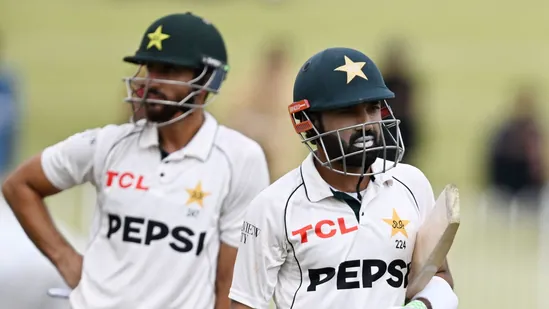
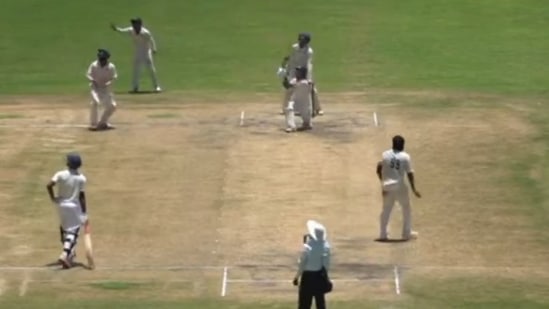

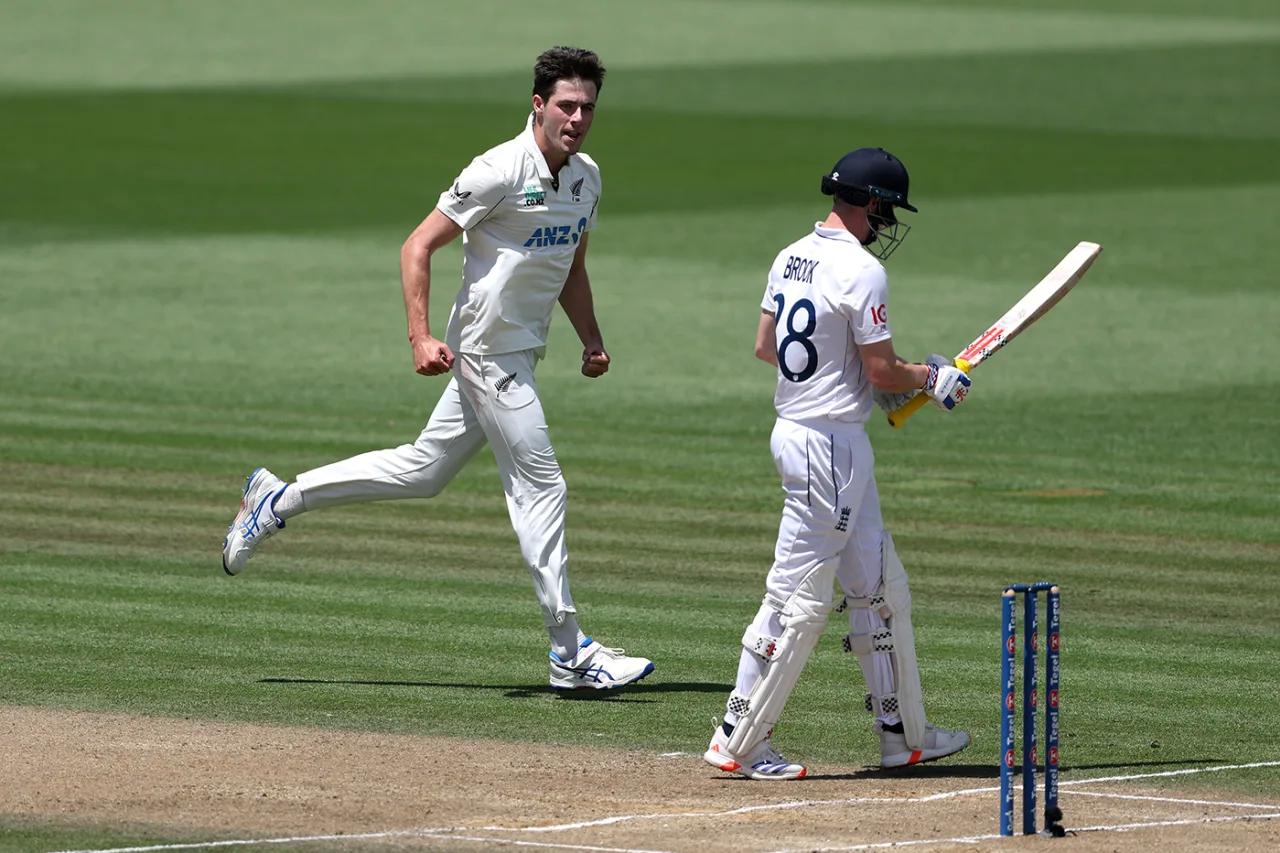

LATEST NEWS
